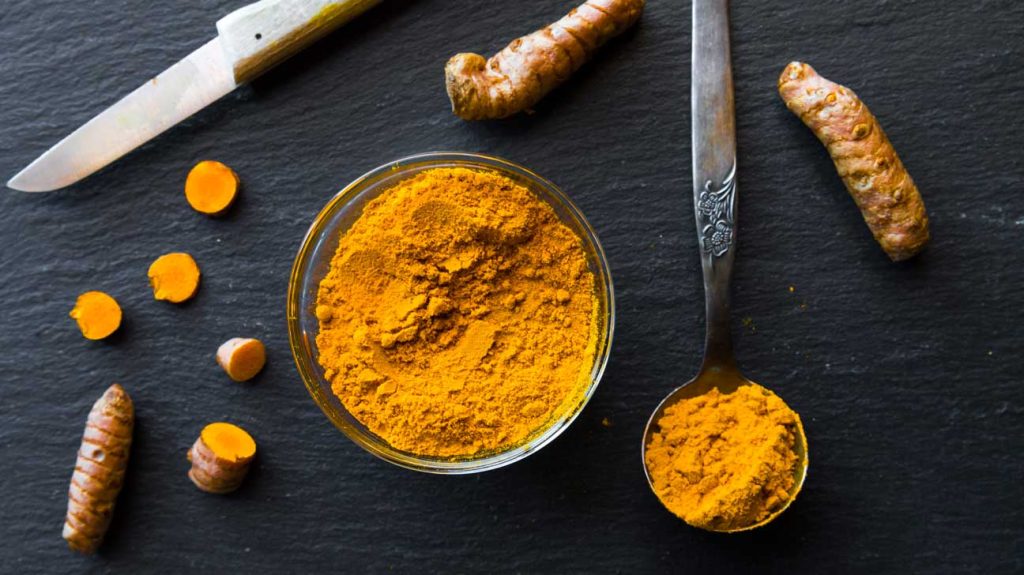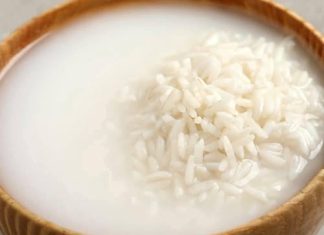Turmeric, often called “nature’s miracle,” has been used for centuries in traditional medicine and modern science is now confirming what ancient cultures already knew. This vibrant yellow spice, commonly used in curry, is packed with powerful health benefits.
Curcumin: The Key Active Ingredient
The real power behind turmeric lies in curcumin, its main active compound. Curcumin has been studied extensively for its anti-inflammatory, antioxidant, and neuroprotective properties. While turmeric itself contains about 3% curcumin by weight, supplements often concentrate this compound to maximize its health potential. Curcumin helps block molecules in the body that trigger inflammation—making it a natural alternative to synthetic anti-inflammatory drugs, but without the harsh side effects.

A Natural Brain Booster
Turmeric may offer impressive benefits for brain health. Curcumin has been shown to increase levels of brain-derived neurotrophic factor (BDNF), a protein linked to improved memory and learning. Low BDNF levels are associated with neurological conditions like Alzheimer’s disease and depression. Studies suggest that regular consumption of turmeric or curcumin supplements could support cognitive function, delay age-related brain decline, and even help lift mood. Some research has also explored its potential role in slowing the progression of dementia, though more studies are needed.
Relief for Joint Pain and Arthritis
One of the most popular uses for turmeric today is to ease joint pain, especially among those with arthritis. Curcumin’s anti-inflammatory effects may help reduce swelling and stiffness in joints, providing relief similar to over-the-counter medications. In fact, several clinical trials have found that curcumin supplements can be as effective as ibuprofen in managing arthritis symptoms, but without gastrointestinal side effects. This makes it an appealing option for people looking for natural ways to manage chronic pain.
Fighting Inflammation Throughout the Body
Chronic inflammation is linked to a range of serious health issues, including heart disease, cancer, metabolic syndrome, and autoimmune disorders. While acute inflammation is the body’s natural response to injury, long-term inflammation can be harmful. Curcumin acts at the molecular level to reduce the production of inflammatory markers, helping the body return to balance. Incorporating turmeric into your diet regularly can support overall wellness and reduce your risk of inflammation-related diseases.
How to Take Turmeric for Best Results
While adding turmeric to food is a great start, the body doesn’t absorb curcumin well on its own. To improve absorption, it’s recommended to:
- Pair turmeric with black pepper, which contains piperine—a compound that boosts curcumin absorption by up to 2,000%.
- Consume it with healthy fats like olive oil or coconut oil, which help the body better process fat-soluble compounds.
- Alternatively, high-quality curcumin supplements with added piperine are widely available and may be more effective for therapeutic use.

Conclusion: A Time-Tested Natural Remedy
Turmeric is more than just a flavorful spice—it’s a powerful natural ally for your brain, joints, and overall health. Whether added to meals or taken as a supplement, turmeric has earned its place as a go-to remedy for reducing inflammation, improving mental clarity, and easing chronic pain. As always, consult with a healthcare provider before starting any new supplement, especially if you’re managing a medical condition or taking medication.

















